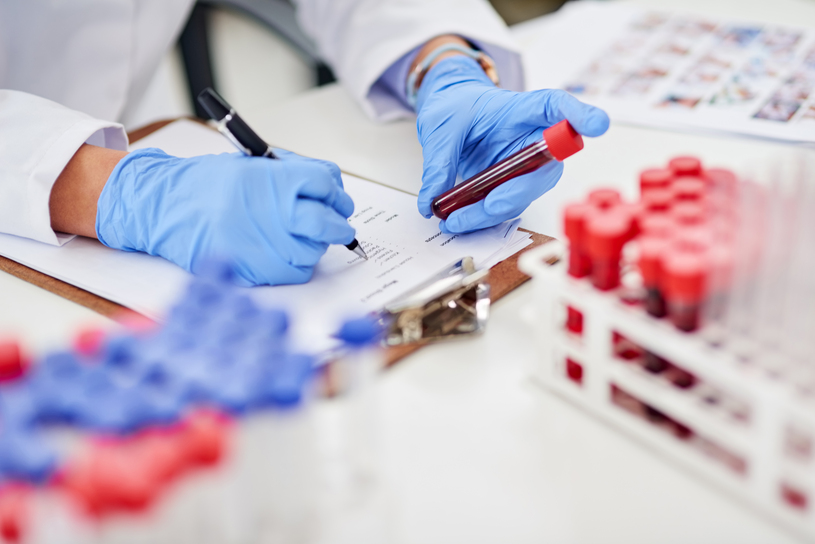
Lab Services for Providers

Lab Services for Providers
Pathologists
Operating Hours
Inpatient and Emergency Departments
Lab services are available 24 hours a day, 7 days a week.
Outpatient
Outpatient specimens may be dropped off at any lab.


Lab services are available 24 hours a day, 7 days a week.
Outpatient specimens may be dropped off at any lab.
Results for non-St. Luke’s providers are available by fax or mail. You can also call our St. Luke’s client services (208) 381-8829.
For anatomic pathology reports, please call :
Boise Inpatient: (208) 381-2849
Meridian Inpatient: (208) 706-4138
Ambulatory: (208) 493-0618
Inpatient: (208) 814-0327
Ambulatory: (208) 727-8671